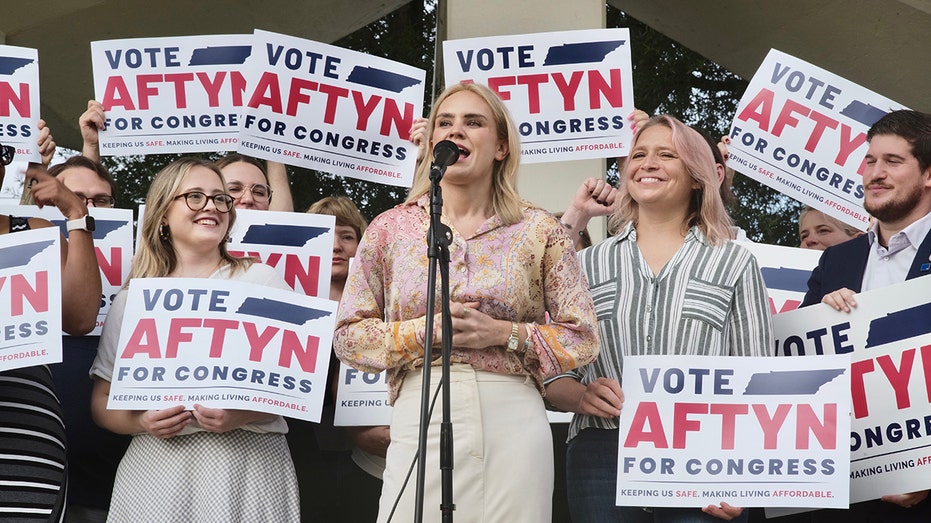A sharp exchange erupted Friday as President Trump publicly criticized Senator Rand Paul’s unexpected objection to a proposal aimed at suspending congressional pay during the government shutdown. The President’s response was swift and pointed, questioning Paul’s motives and highlighting the apparent contradiction in his stance.
Senator John Kennedy of Louisiana had introduced a bill, the “No Shutdown Paychecks to Politicians Act,” designed to immediately halt congressional salaries while the government remained unfunded and to prevent back pay upon resolution. The intention was clear: no work, no pay for those responsible for the impasse.
However, when Kennedy sought unanimous consent to swiftly pass the bill, Senator Paul intervened, blocking its immediate approval. His reasoning, as he explained, centered on the principle of upholding contractual obligations and ensuring senators receive compensation for their work, even during a shutdown.

The President didn’t hesitate to voice his disbelief, stating that Paul “tried to stop it, because he wanted to be paid!” He further questioned Paul’s logic, emphasizing the irony of a senator seeking compensation while the government he serves remained paralyzed.
Paul defended his position, asserting his consistent record of advocating for reduced spending across the board. He maintained that while he believes in fiscal restraint, withholding salaries from those with existing employment contracts was not the appropriate course of action.
The disagreement quickly escalated into a public debate, raising questions about accountability and the responsibilities of elected officials during periods of governmental dysfunction. The core issue became whether members of Congress should share in the hardship experienced by federal employees and the public during a shutdown.
The President’s comments underscored the growing frustration with the ongoing shutdown and the perceived unwillingness of some lawmakers to compromise. The incident ignited a broader conversation about the ethics of congressional compensation during times of governmental crisis.





